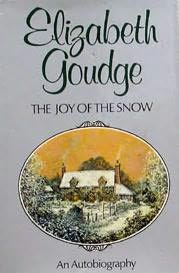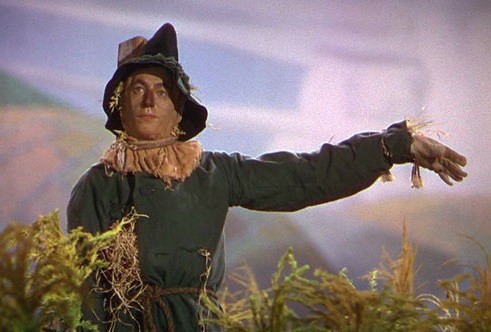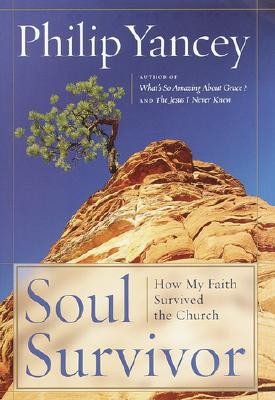The Joy of the Snow
 Elizabeth Goudge’s autobiography leaves me with mixed feelings.
Elizabeth Goudge’s autobiography leaves me with mixed feelings.
In the first half, I was enthusiastic. She is witty and self-deprecating, and I felt that my expectation that I would like this writer personally was confirmed. I really enjoyed the details of her childhood in an Edwardian home and garden, interspersed with trips to the Channel Islands to visit relatives.
The Joy of the Snow is a generous book that suggests the origin in different experiences and places of some of Goudge’s books and characters. Here we learn about the real “Damerosehay” (setting of the Eliot family chronicles), the real Ely (setting of The Dean’s Watch), the real (and remarkable) people that populate Goudge’s novels and what happens to them when written into fiction.
As in her novels, the descriptions are suggestive and vivid. Many of them are elegiac tributes to a more innocent age, though having lived through both world wars she maintains an ongoing contrast between the “modern” world (she is writing in 1974) and the past. Her ability to evoke the past so richly is one of the things that has attracted me in her books.
I loved what she had to say about storytelling. It’s always fascinating to read about the creative process, and Goudge simply devotes a chapter to the various questions she’s gotten from readers about her writing. I was glad, too, to get the definitive word from Goudge herself about her three personal favorites among the books she’s written: The Valley of Song, The Dean’s Watch, and The Child from the Sea.
But there are maddening aspects of the book too. Some events are mentioned without development or after the fact. Some topics seem merely eccentric, such as the chapter on E.S.P., where Goudge discusses different paranormal experiences and offers an explanation of ghosts. And in theology I felt skeptical of some of her ideas.
As with any autobiography, this book offers a carefully shaped and limited picture of a life, one in which Goudge herself had vowed to write only about the “happy” things. It ends up being more truthful than that, but still incomplete. Nevertheless it’s a useful resource for anyone wanting to know more about the woman behind the books. Ideally it’s good to have a biography or two to read as well for purposes of comparison, and then we can get a fuller picture. But the only biography of Elizabeth Goudge, written by Sylvia Gower, is nearly impossible to find.


